Report this entry
More from the same community-collection
El Paso Rock and Roll 1950-1970, an EP Museum of History Exhibit
Original Fender Rhodes owned by Larry Rye.
El Paso Rock and Roll 1950-1970, an EP Museum of History Exhibit
A photo of the exhibit featuring some suits of the day, a Fender ...
El Paso Rock and Roll 1950-1970, an EP Museum of History Exhibit
Two saxophones from a member of the Rhythm Heirs.
El Paso Rock and Roll 1950-1970, an EP Museum of History Exhibit
An exhibit case with an old snare drum and microphone. And a ...
El Paso Rock and Roll 1950-1970, an EP Museum of History Exhibit
Awesome photo of the Rhythm Heirs...I think. Location of picture ...
El Paso Rock and Roll 1950-1970, an EP Museum of History Exhibit
I believe this is an old Stromberg Carlson PA system from the ...
El Paso Rock and Roll 1950-1970, an EP Museum of History Exhibit
My old Montgomery Wartd amp in the lower left, the ...
El Paso Rock and Roll 1950-1970, an EP Museum of History Exhibit
An old record player. A lot of children who visited the exhibit ...
El Paso Rock and Roll 1950-1970, an EP Museum of History Exhibit
A couple of beautiful Fender guitar amps. One is a Twin Reverb. ...
El Paso Rock and Roll 1950-1970, an EP Museum of History Exhibit
A Fender Bassman amp and a Slingerland drum kit.
El Paso Rock and Roll 1950-1970, an EP Museum of History Exhibit
A wall of old Juke Boxes and an old Coca-Cola cooler and a Dr. ...
El Paso Rock and Roll 1950-1970, an EP Museum of History Exhibit
A metal Coke sign, school lockers, a Dr. Pepper soda machine, a ...
El Paso Rock and Roll 1950-1970, an EP Museum of History Exhibit
Old casette recorders and a collection of 8-Track tapes. First ...
El Paso Rock and Roll 1950-1970, an EP Museum of History Exhibit
A beautiful SONY reel-to-reel tape recorder. This fits all ...
El Paso Rock and Roll 1950-1970, an EP Museum of History Exhibit
I love this. A Telefunken (is that a great name?), model ...
El Paso Rock and Roll 1950-1970, an EP Museum of History Exhibit
An old Mercury phonograph, probably mono because there is only ...
El Paso Rock and Roll 1950-1970, an EP Museum of History Exhibit
Two beautiful transistor radios. These were so innovative. ...
El Paso Rock and Roll 1950-1970, an EP Museum of History Exhibit
Old AM radios no doubt. Plug them into the wall and find your ...
El Paso Rock and Roll 1950-1970, an EP Museum of History Exhibit
Steve Crosno is a very famous El Paso DJ. That may be his ...
San Jacinto Plaza with Blue Flame Building in background
The Blue Flame building was built by the El Paso Natural Gas ...
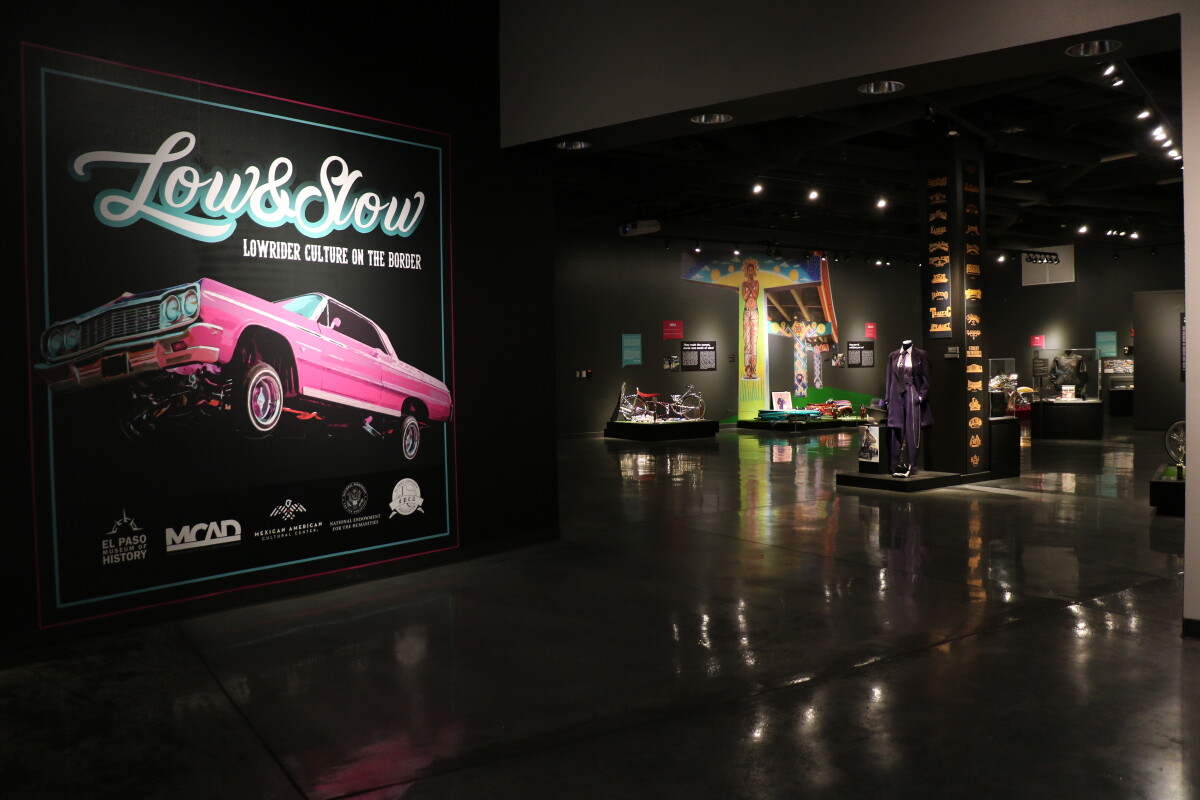
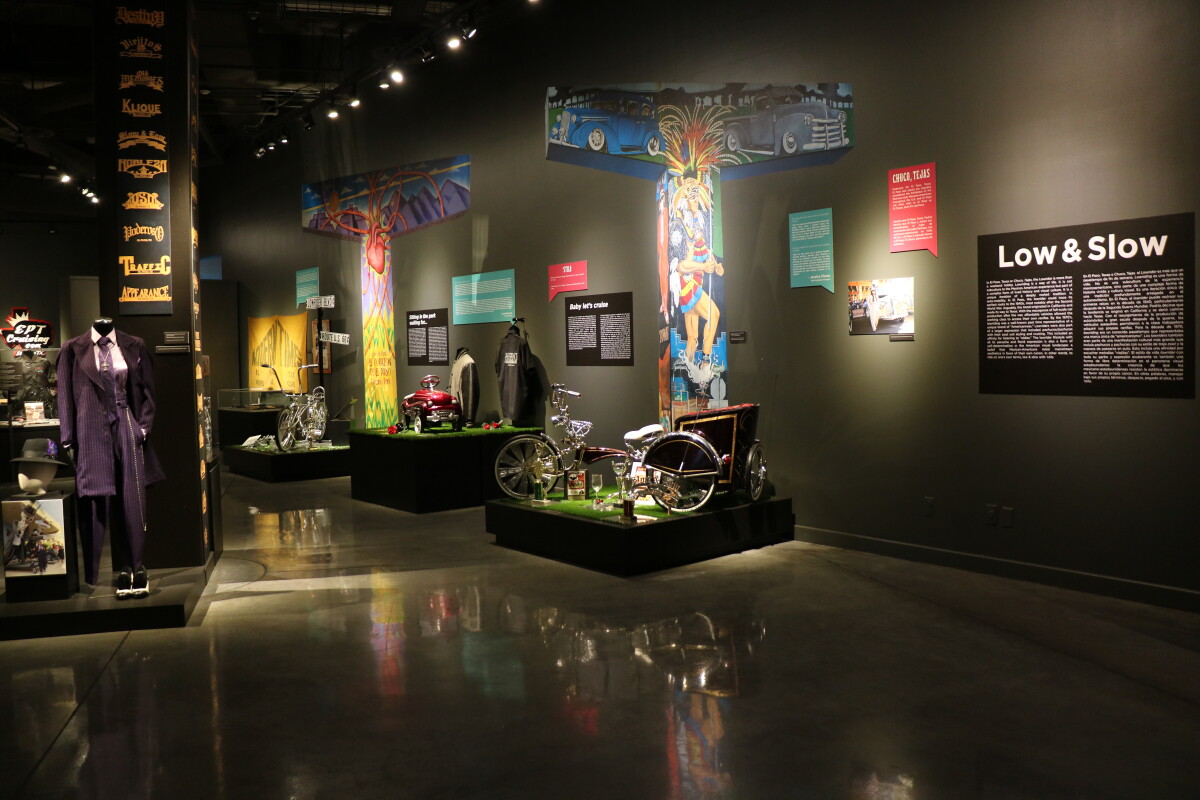
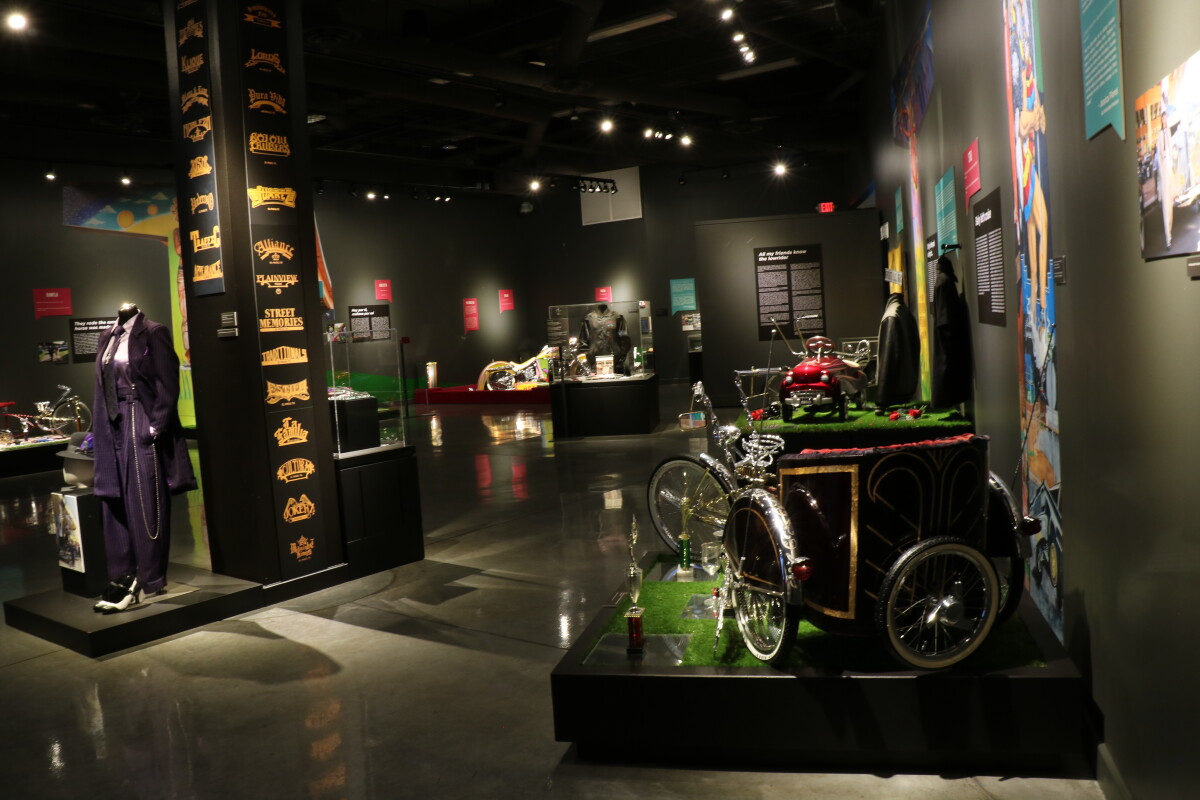
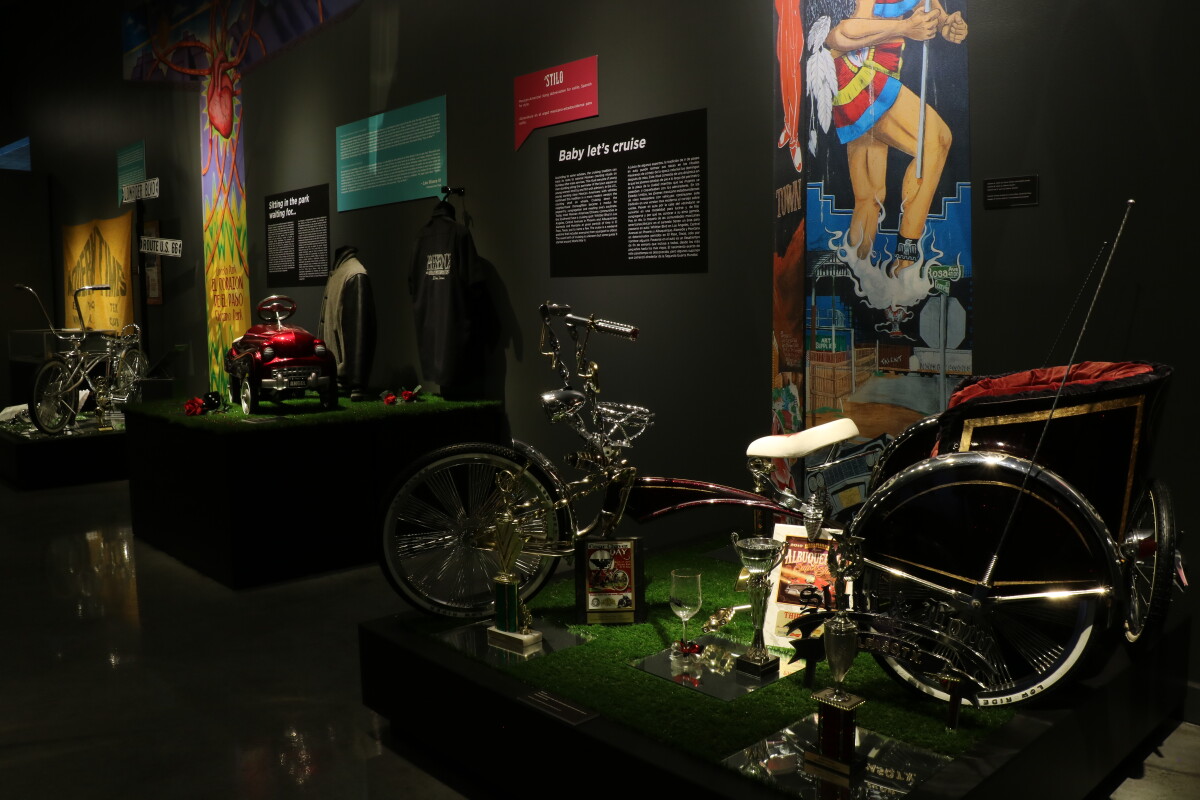
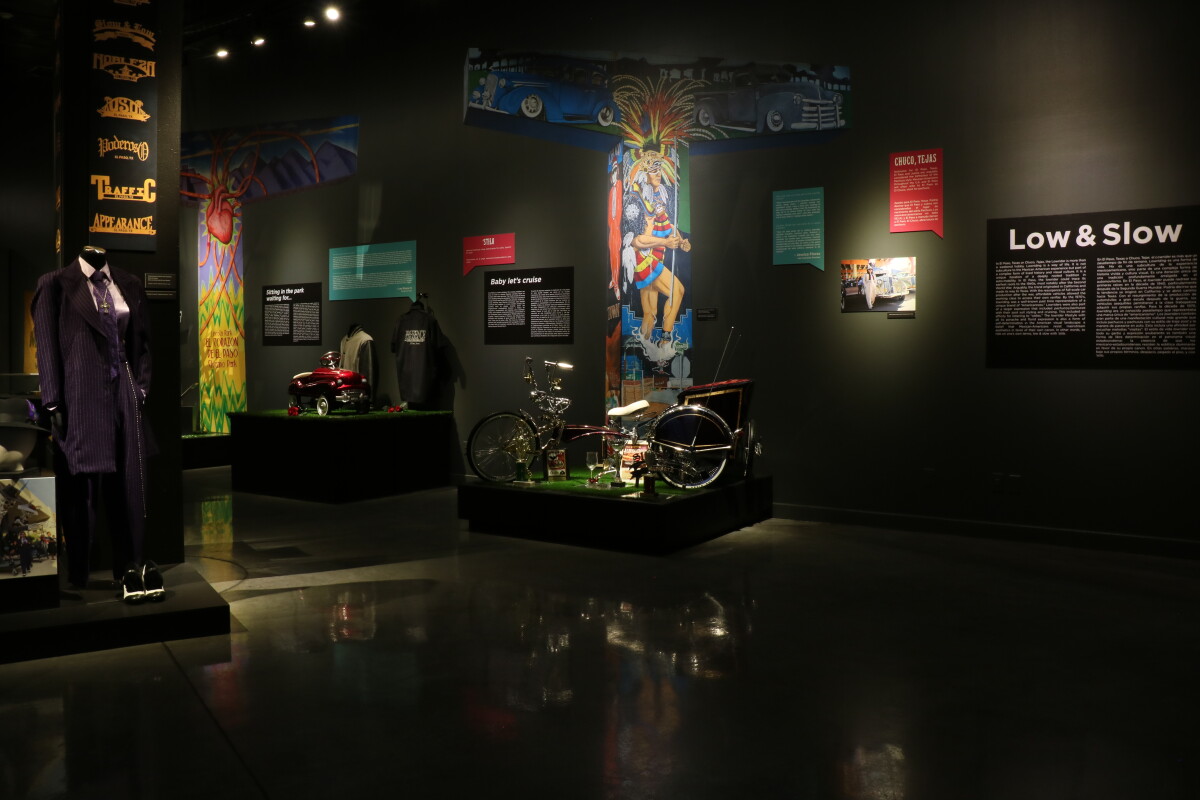
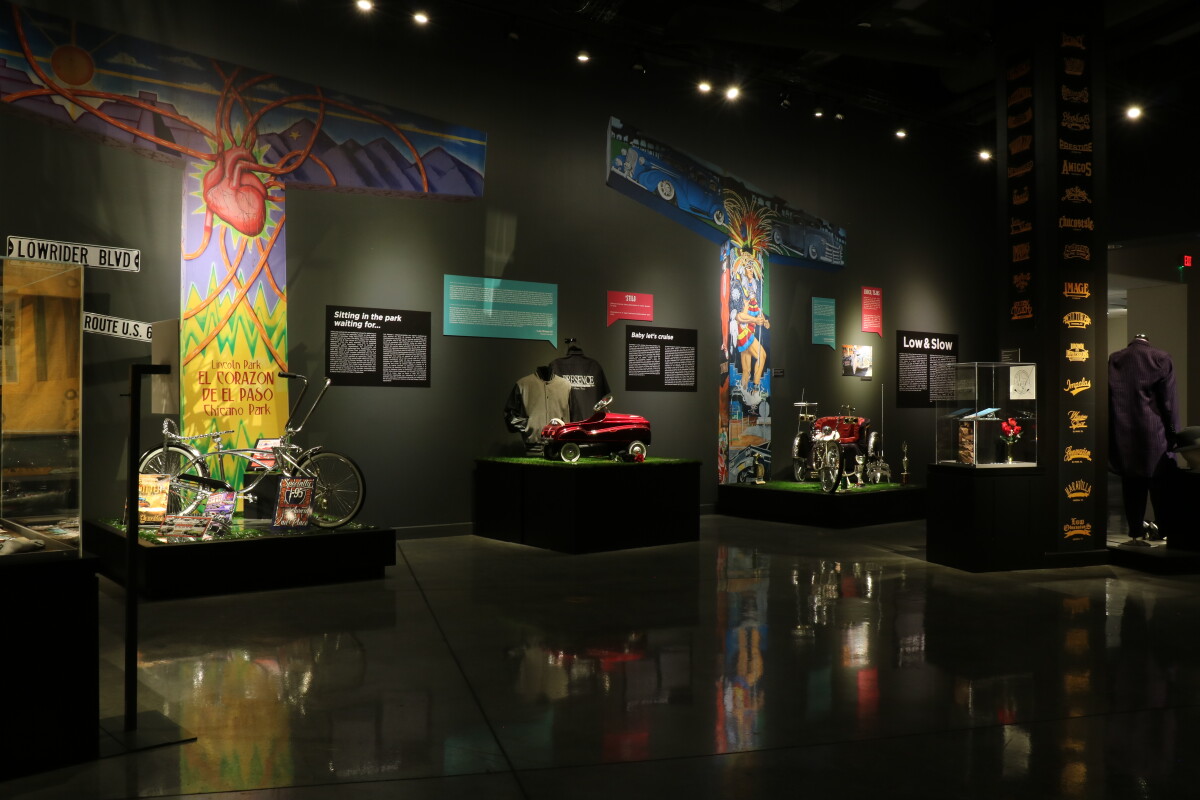
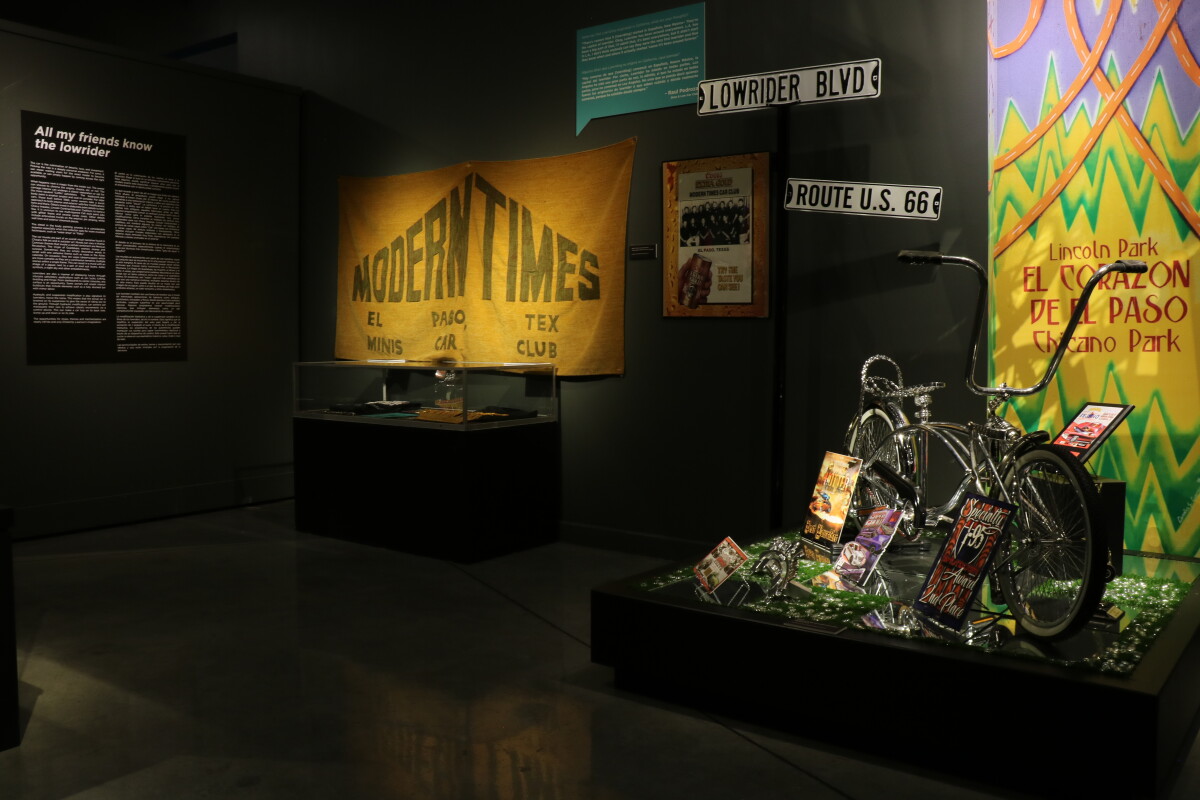
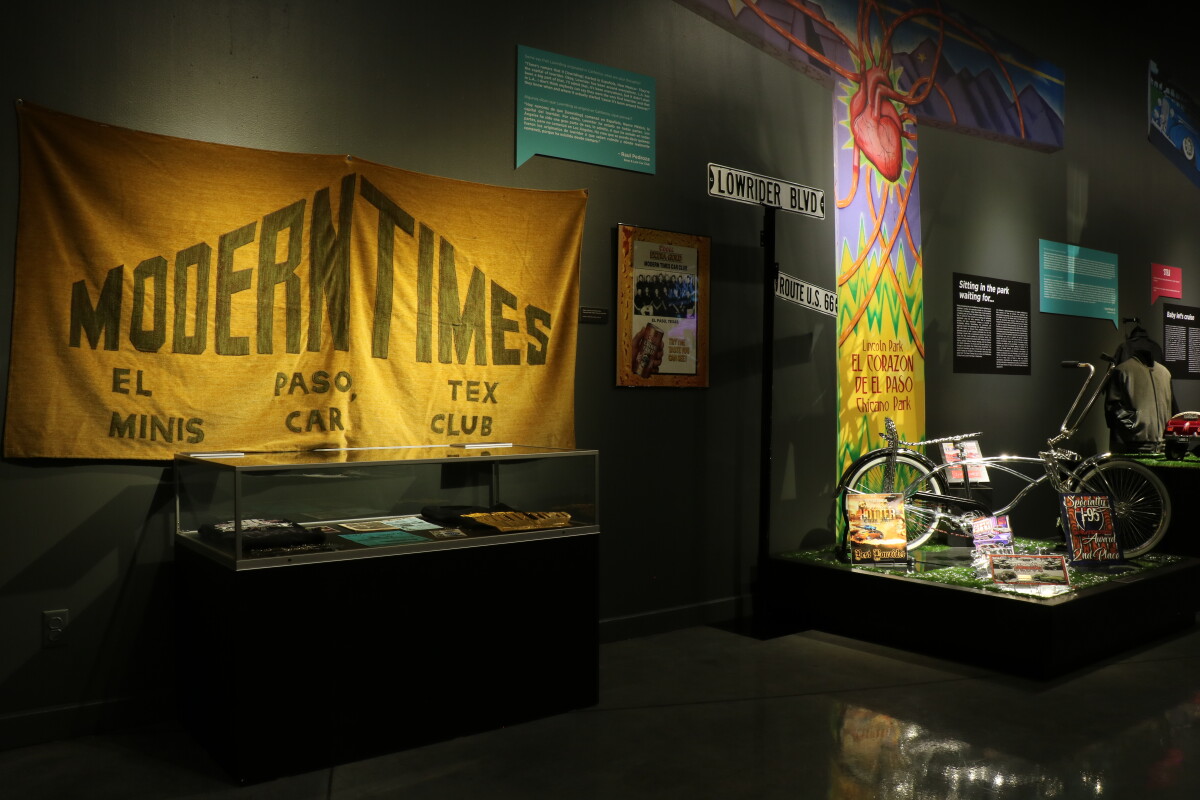
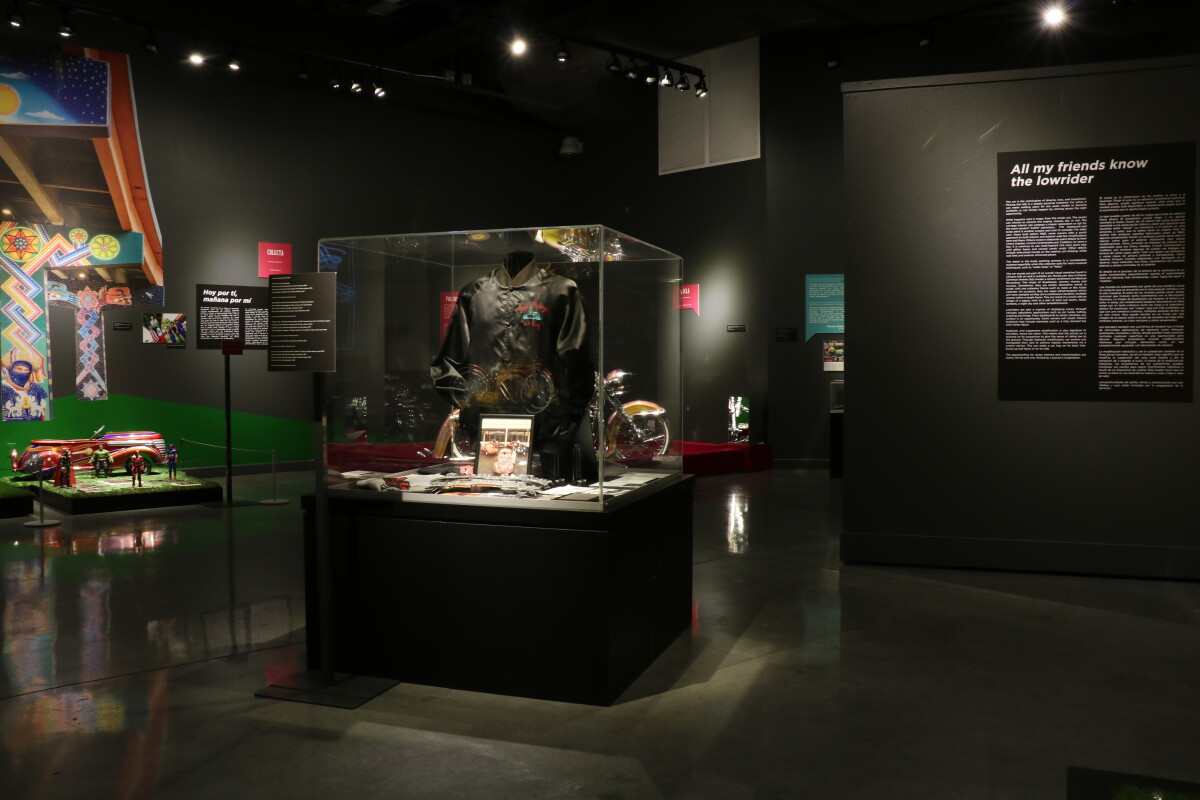
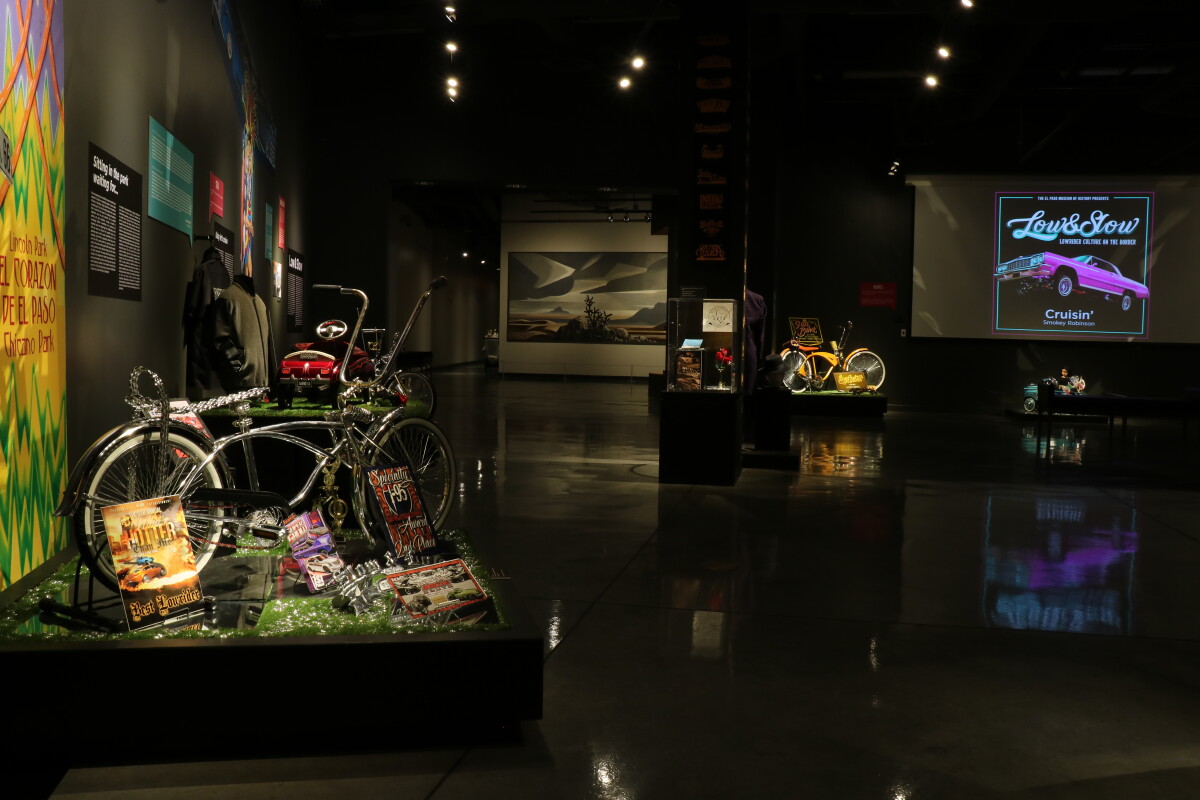
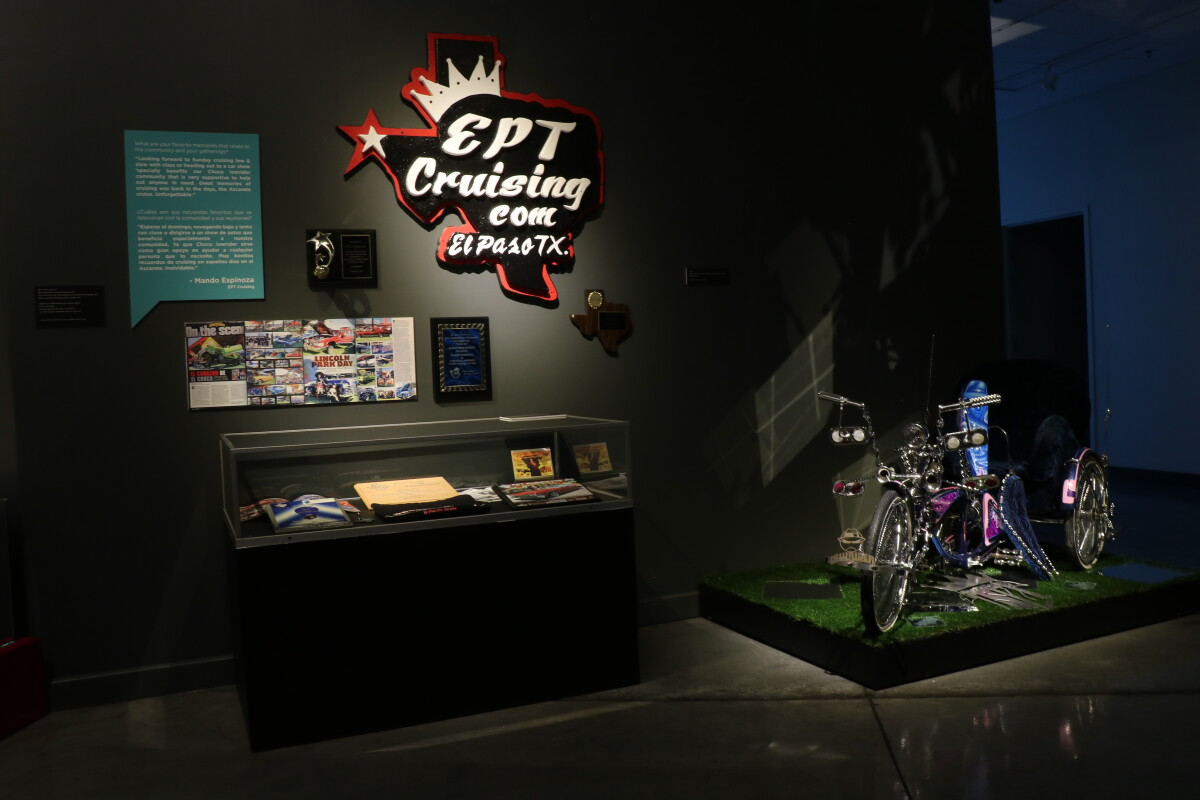
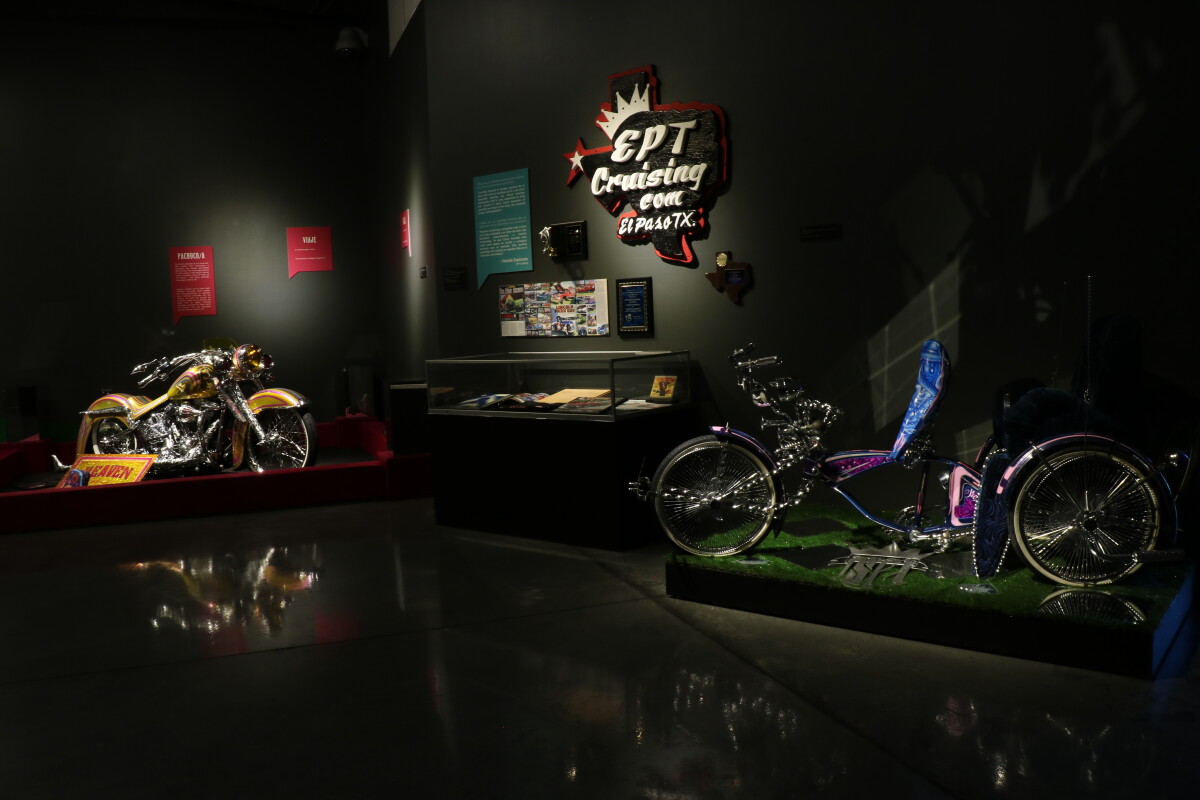
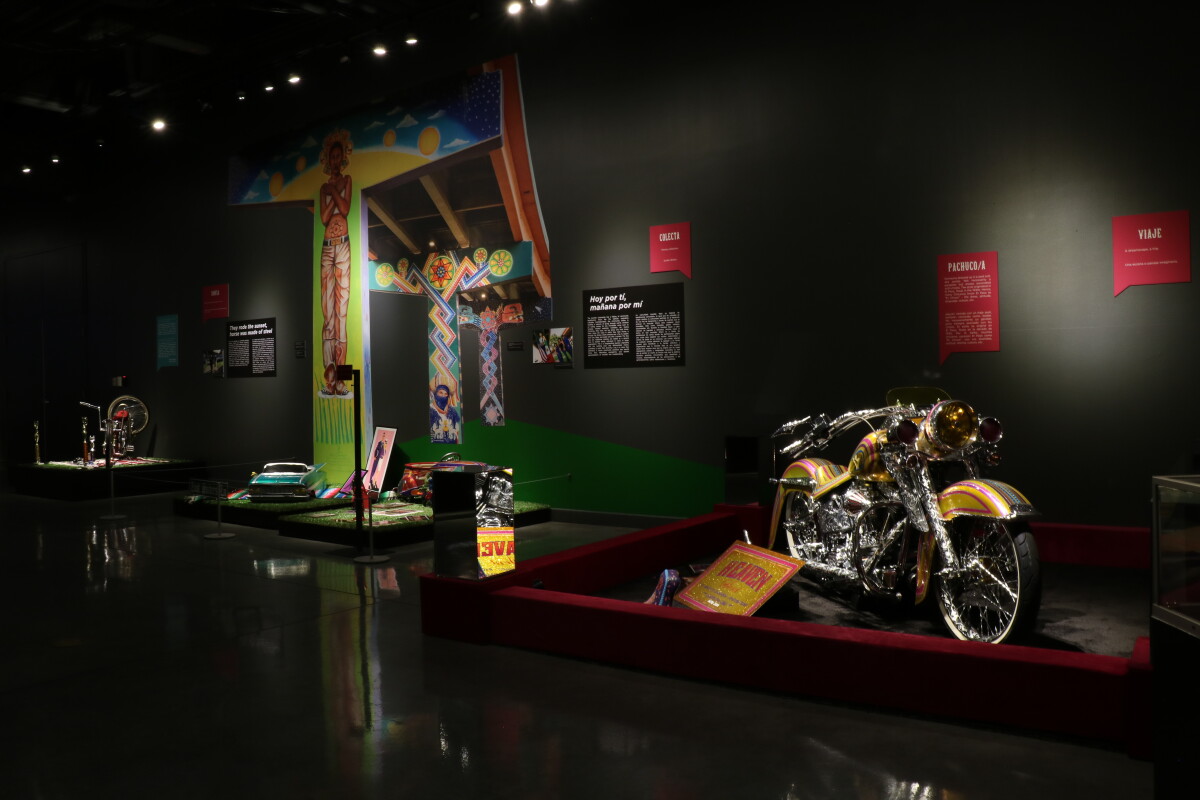
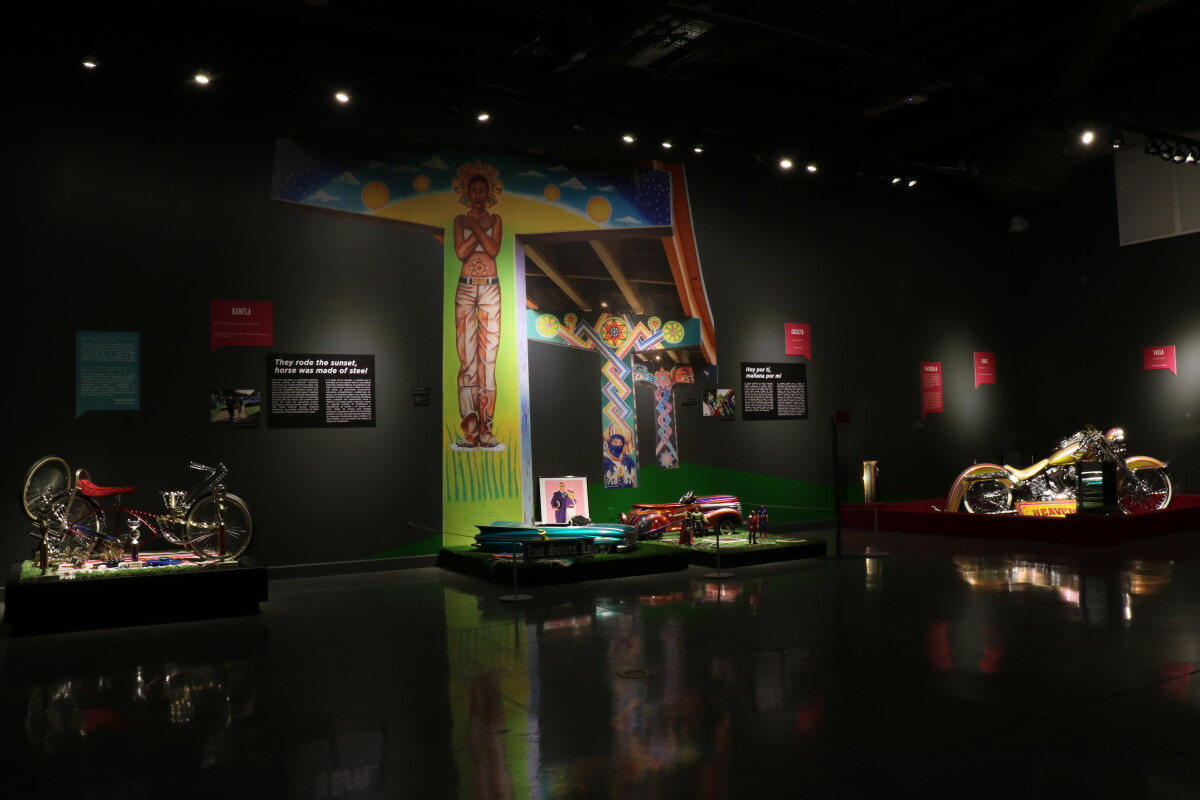
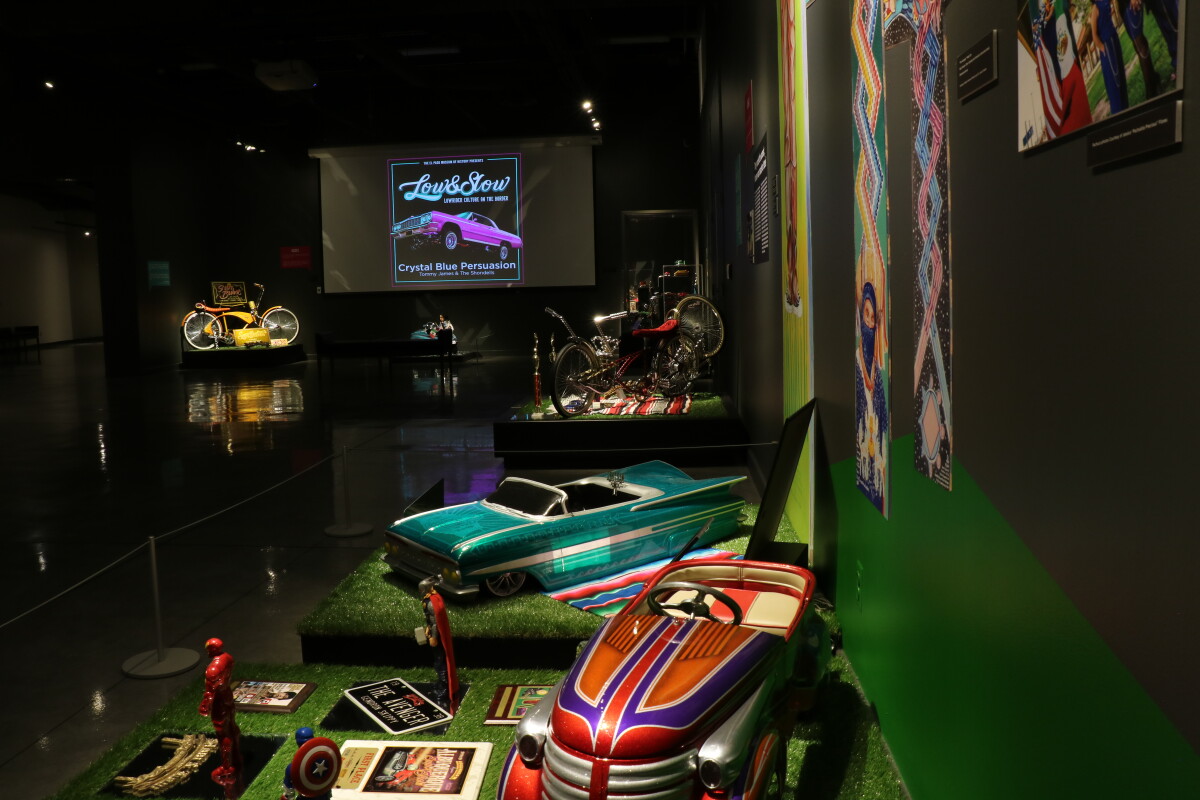
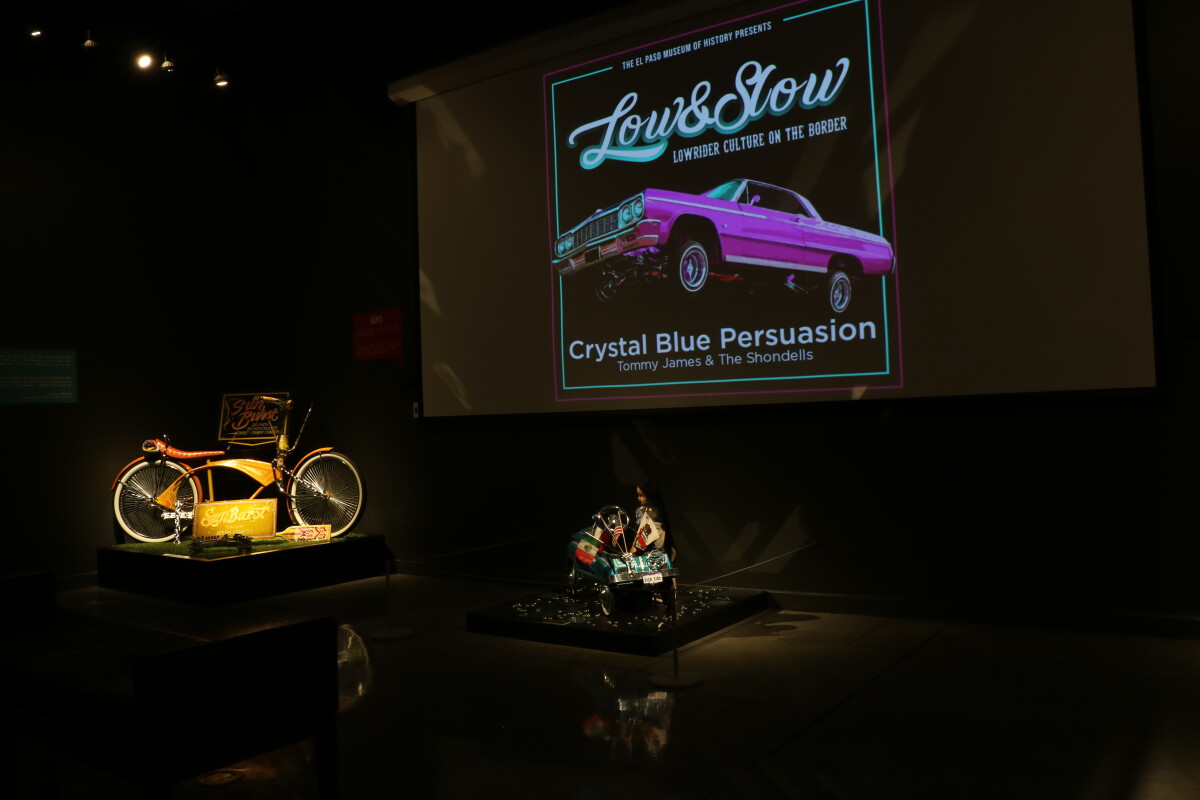
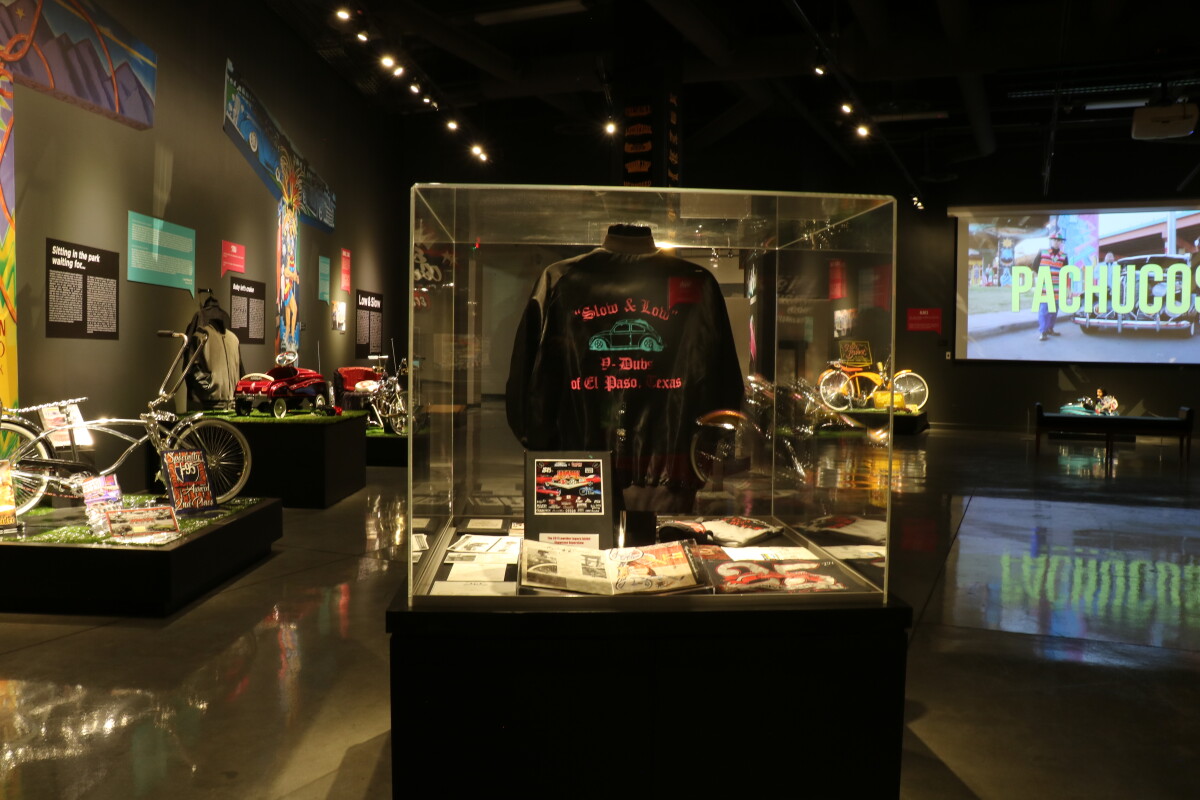
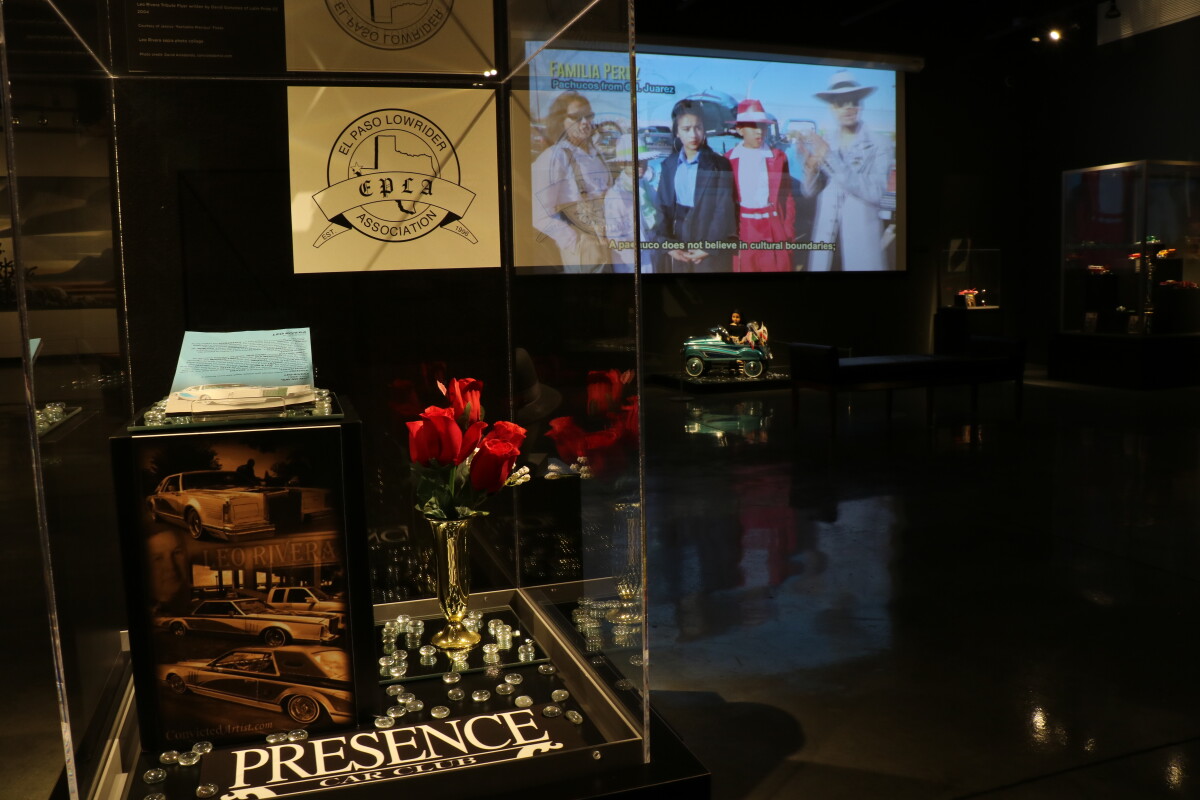
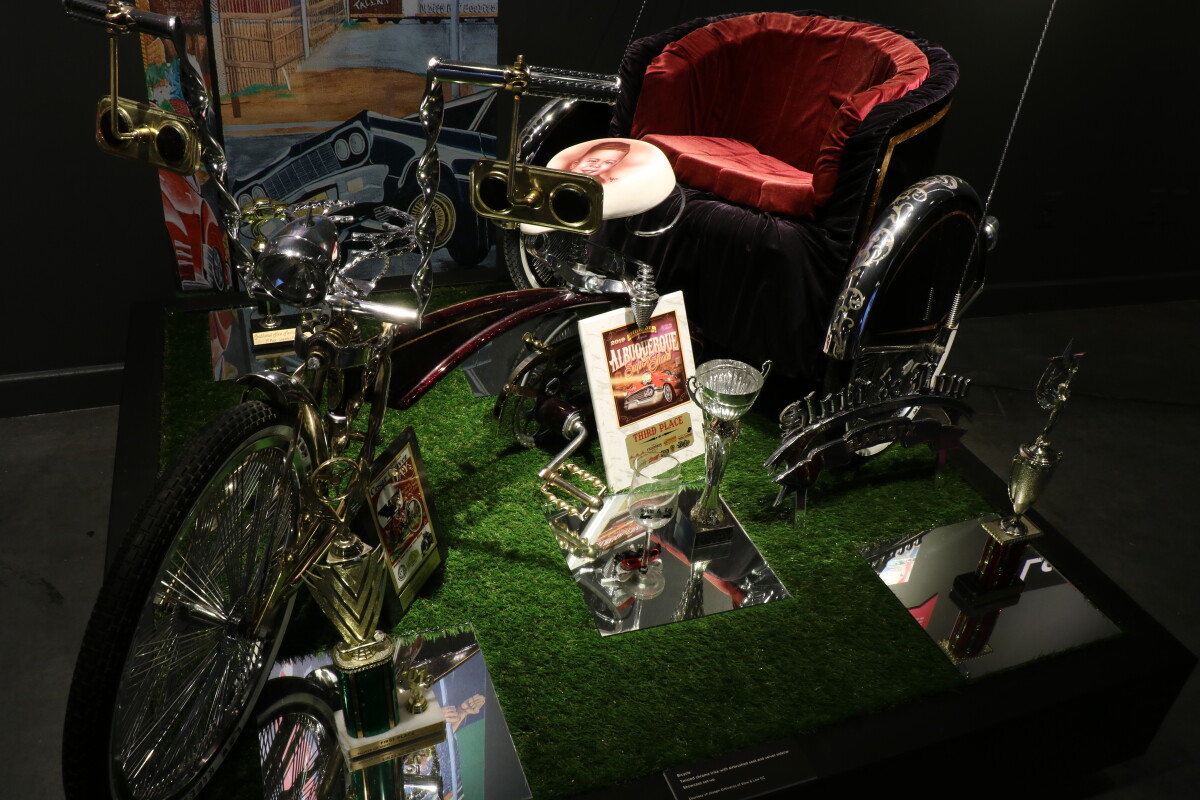
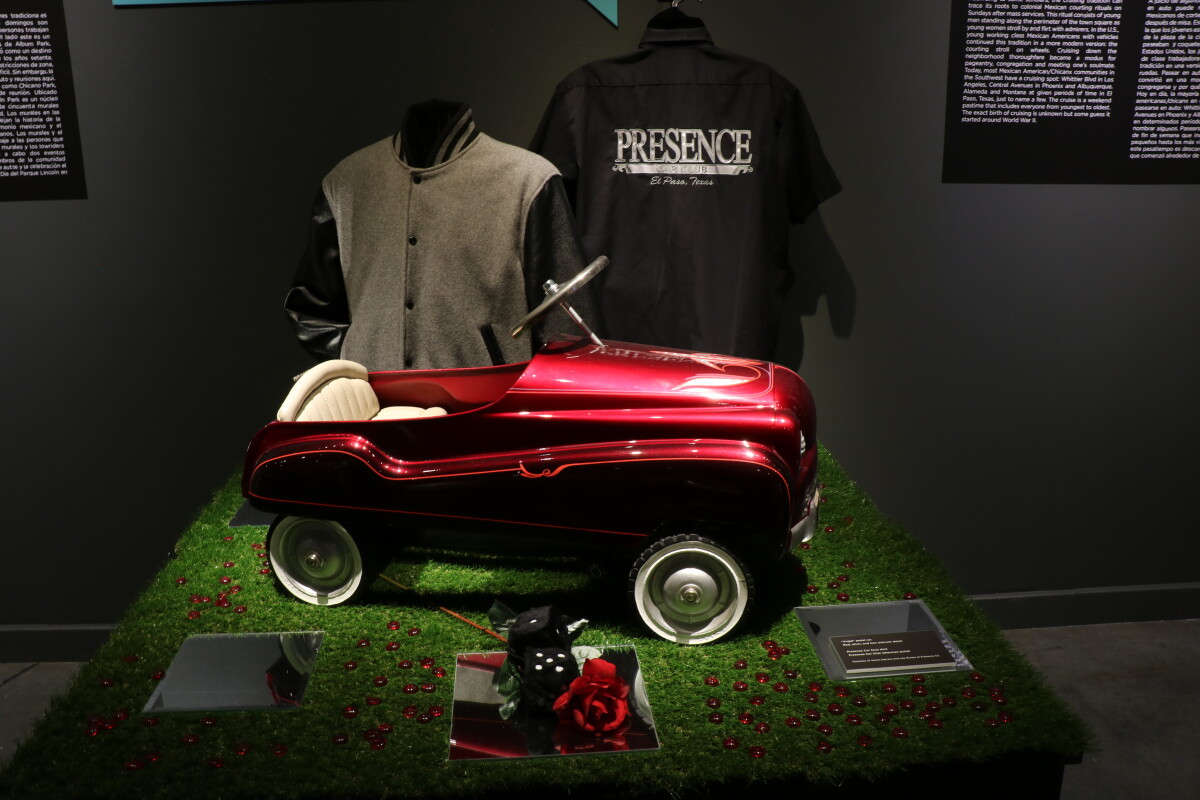
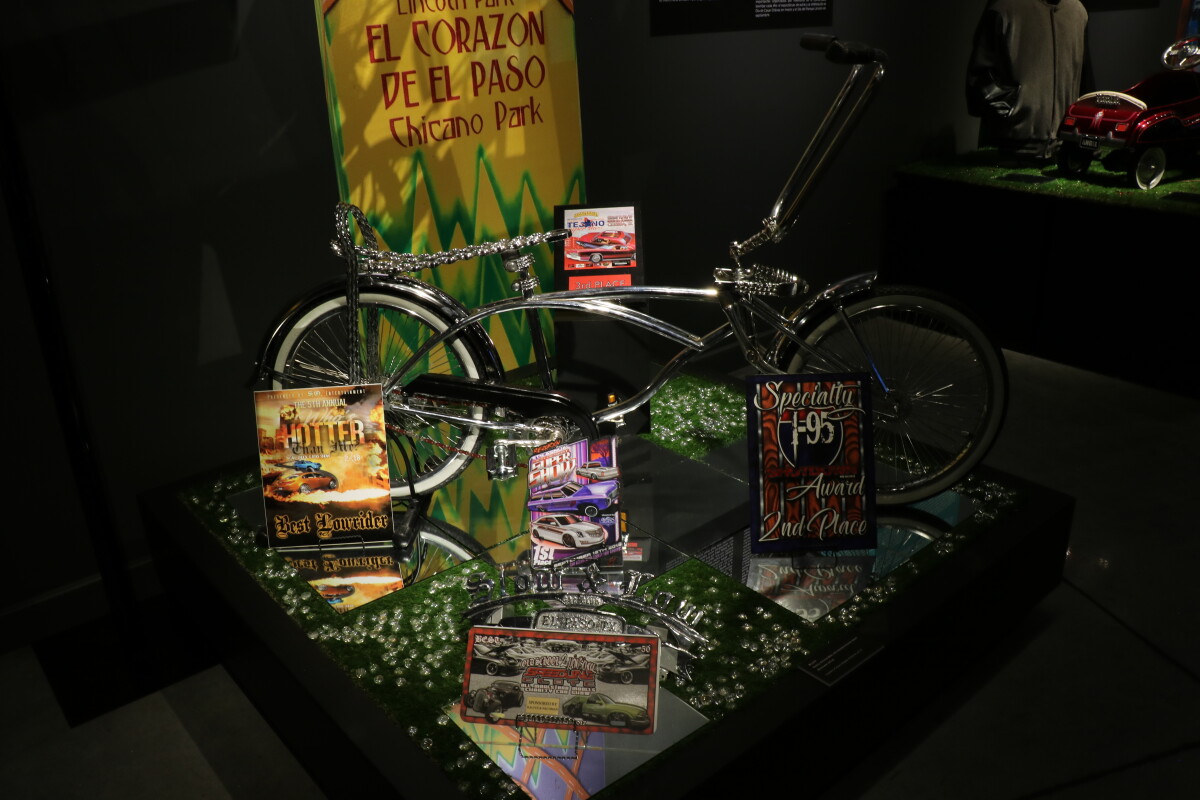
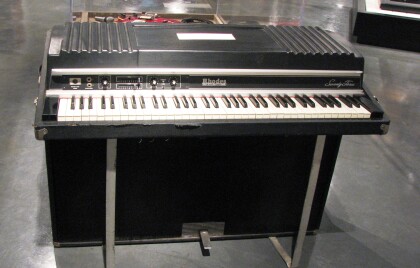
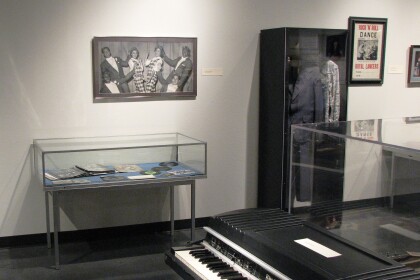
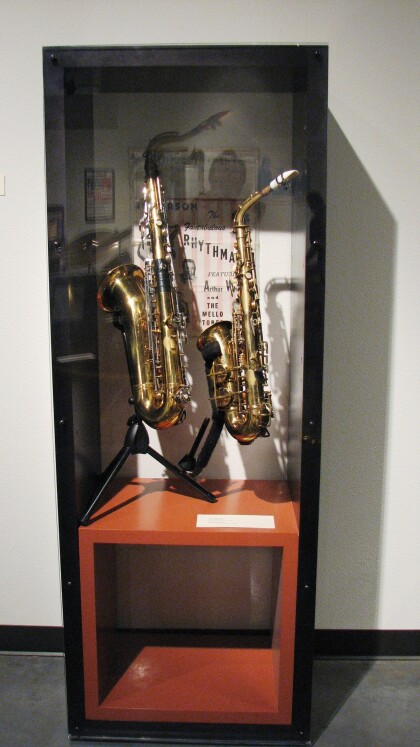
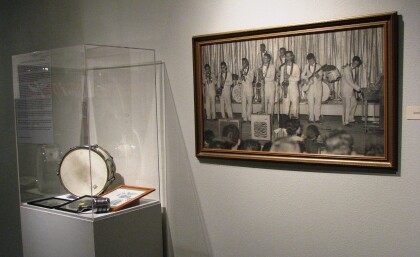
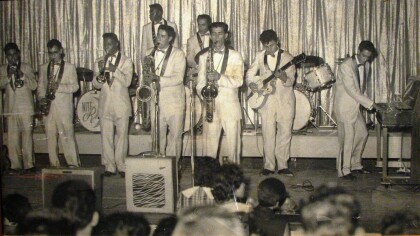
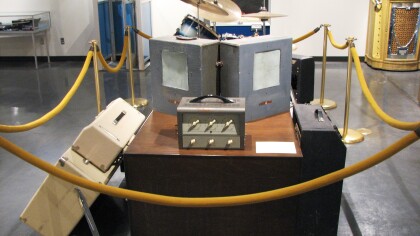
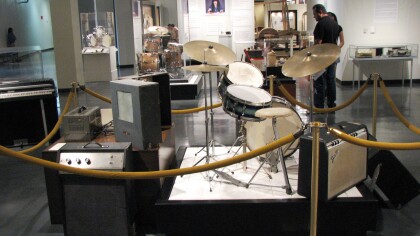
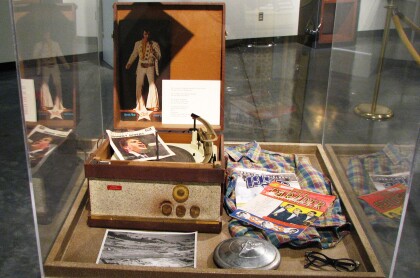
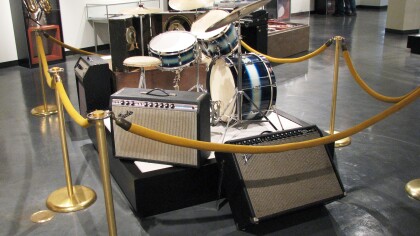
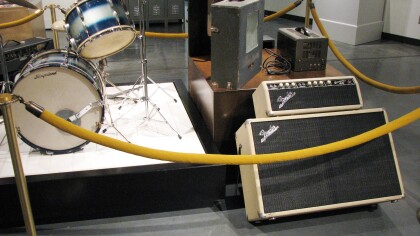
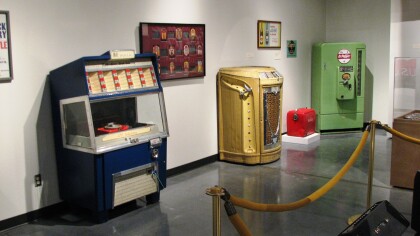
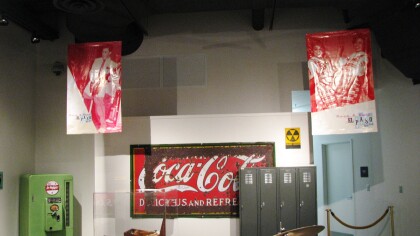
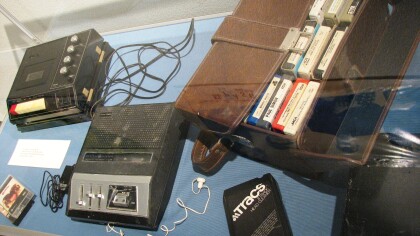
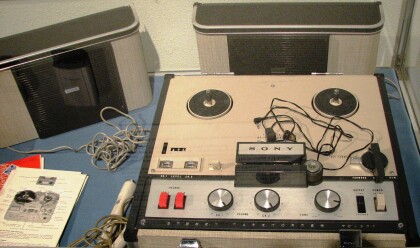
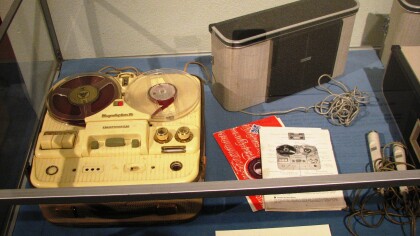
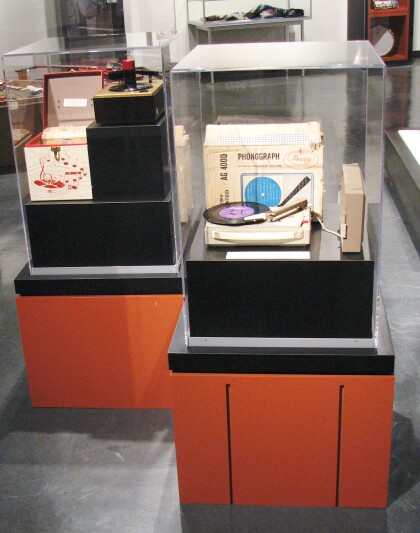
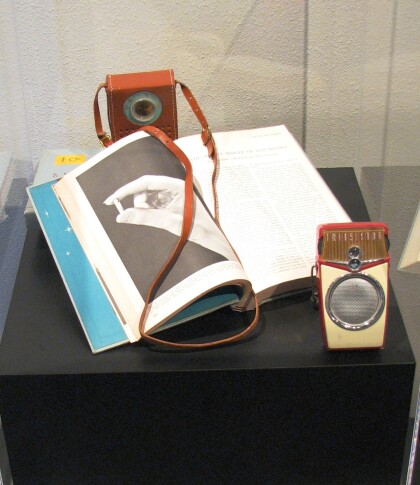
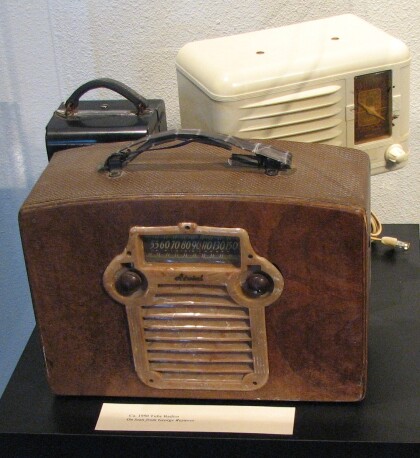
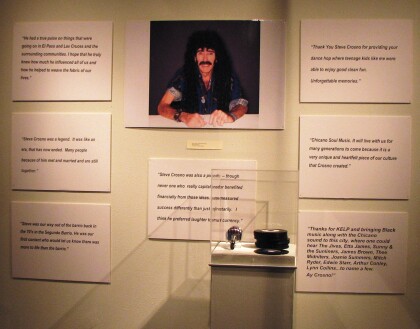
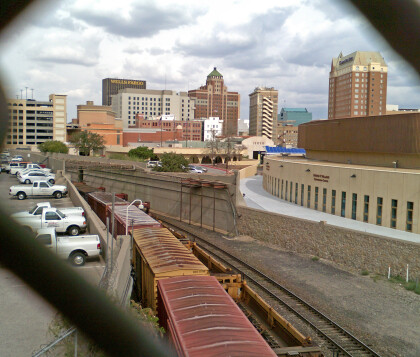
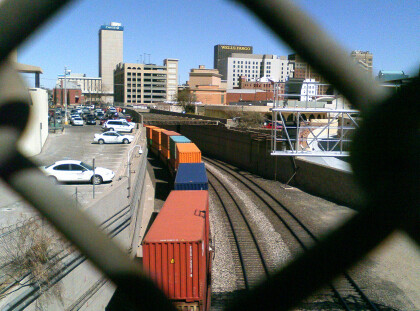
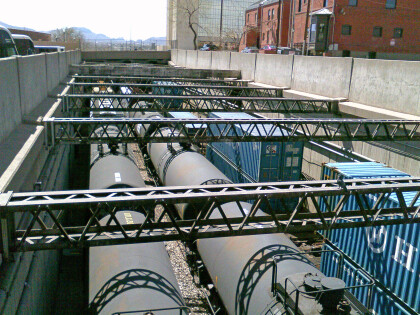
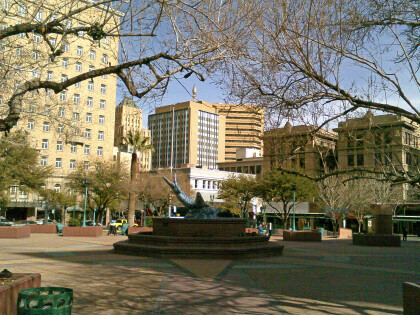
Comments
Add a comment